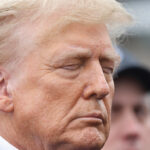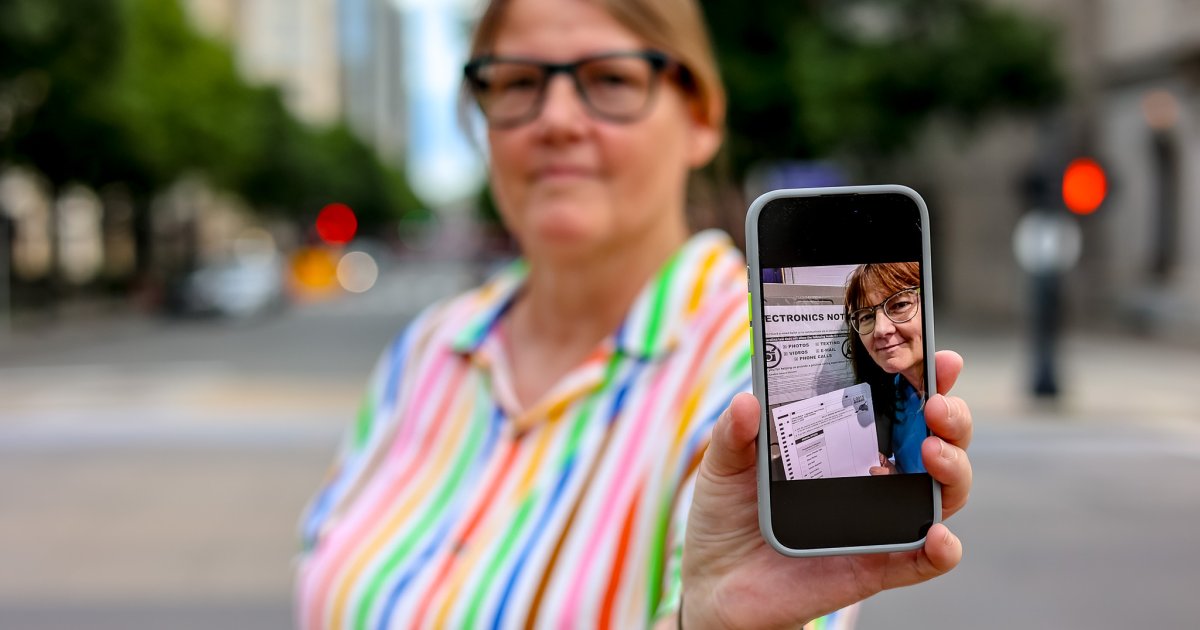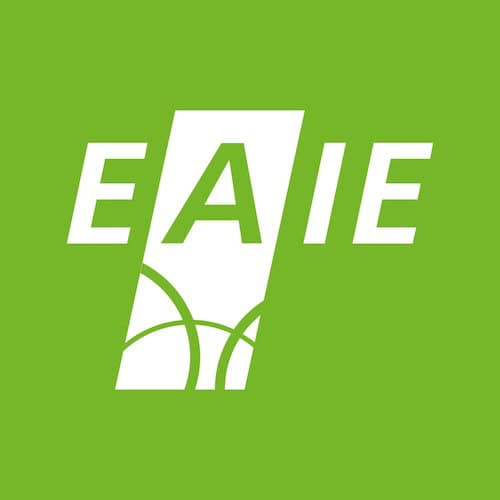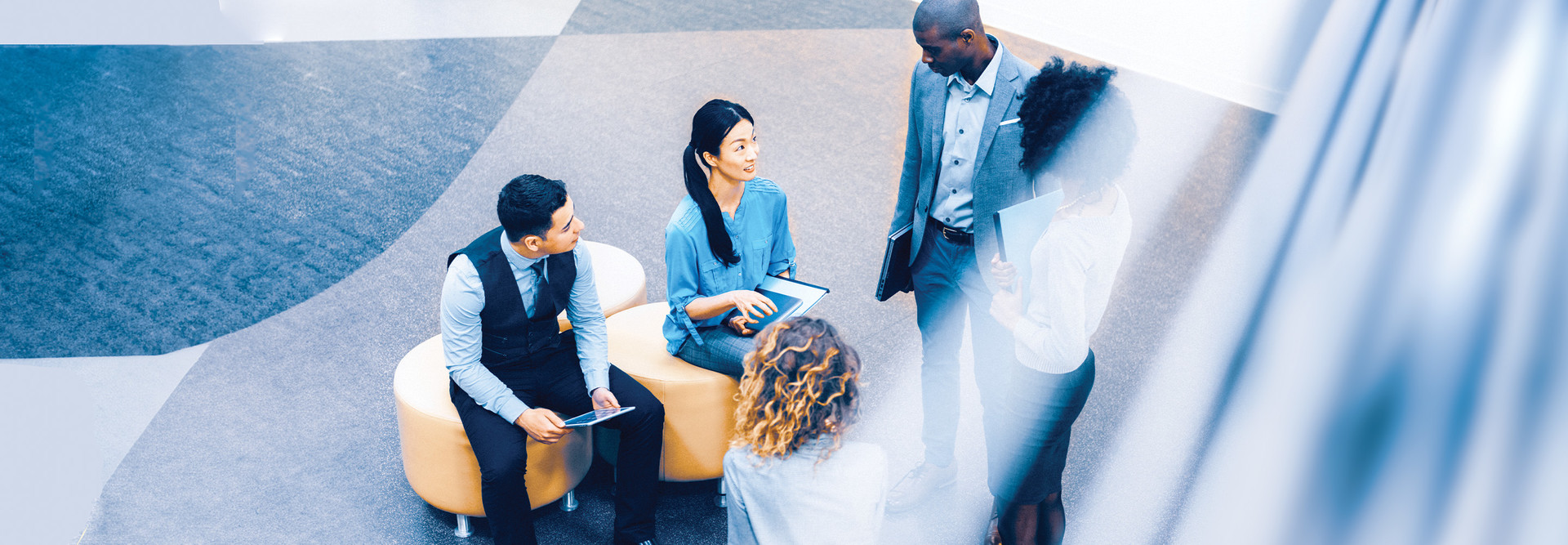- FIRE is suing members of the North Carolina State Board of Elections to overturn multiple unconstitutional laws banning photos of official ballots, or “ballot selfies.”
- Under the First Amendment, the government can’t restrict political speech unless it has a compelling reason — and North Carolina doesn’t have one.
- Despite being a crime in 14 states, FIRE’s research shows 1 in 10 Americans, more than 20 million Americans nationwide, say they’ve taken a “ballot selfie.”
RALEIGH, N.C., Aug. 22, 2024 — A picture may be worth a thousand words, but in North Carolina, taking that picture could cost you thousands of dollars in fines and jail time.
On March 5, Susan Hogarth voted in the North Carolina Libertarian Party primary and took a selfie with her completed ballot. For good measure, Susan took the picture in front of a sign saying ballot photos were not allowed in the voting booth. She then posted the image to X with a caption endorsing the candidates she voted for and declaring, “Laws against #ballotselfie are bullshit.”
A few weeks later, Susan received a letter from the North Carolina State Board of Elections telling her she committed a crime and demanding she take the post down. The board informed her that taking her ballot selfie was a misdemeanor under a North Carolina law stating “no person shall photograph, videotape, or otherwise record the image of a voted official ballot.” That statute is just one of several that criminalize taking and sharing ballot selfies in the state. These restrictions go beyond just photographing yourself in the voting booth: They even extend to posing with absentee ballots in the comfort of your own home.
Despite the threat of possible jail time and fines, Susan refused to comply. Instead, with the help of the Foundation for Individual Rights and Expression, today she’s suing members of the state board and Wake County Board of Elections to have the unconstitutional statutes struck down as they apply to ballot selfies.
“It would have been easier to just take the post down,” said Susan. “But in a free society, you should be able to show the world how you voted without fear of punishment. Privacy is good for those who want it, openness should be available to those who prefer it.”
FIRE’s latest research shows that photographing your ballot, colloquially known as taking a “ballot selfie,” is a popular form of election-related political speech. Around 1 in 10 American adults — or roughly 26 million people — have taken a ballot selfie at some point in their life.
People taking ballot selfies might be memorializing their first vote as a citizen, demonstrating a protest vote, or (as in Susan’s case) promoting their favorite candidates or political party. And North Carolina knows voters take ballot selfies to express First Amendment-protected political beliefs: During recent elections, the state board said it “respect[s] voters showing their pride in casting a ballot” but nevertheless instructed those who did so by taking a ballot selfie to “delete the photograph.”
“Ballot selfie bans turn innocent Americans into criminals for nothing more than showing their excitement about how they voted, or even just showing that they voted,” said FIRE attorney Jeff Zeman. “That’s core political speech protected by the First Amendment.”
Most states do not ban ballot selfies, and recently many states, including Oklahoma and California, even passed laws affirming voters’ right to take them. But ballot selfies are still illegal in over a dozen states that run the political and geographic gamut — from Minnesota to Texas to New York to Florida.
Map of Ballot Selfie Laws in the United States
#LAWSUIT #North #Carolina #woman #challenges #states #unconstitutional #ballot #selfie #ban










